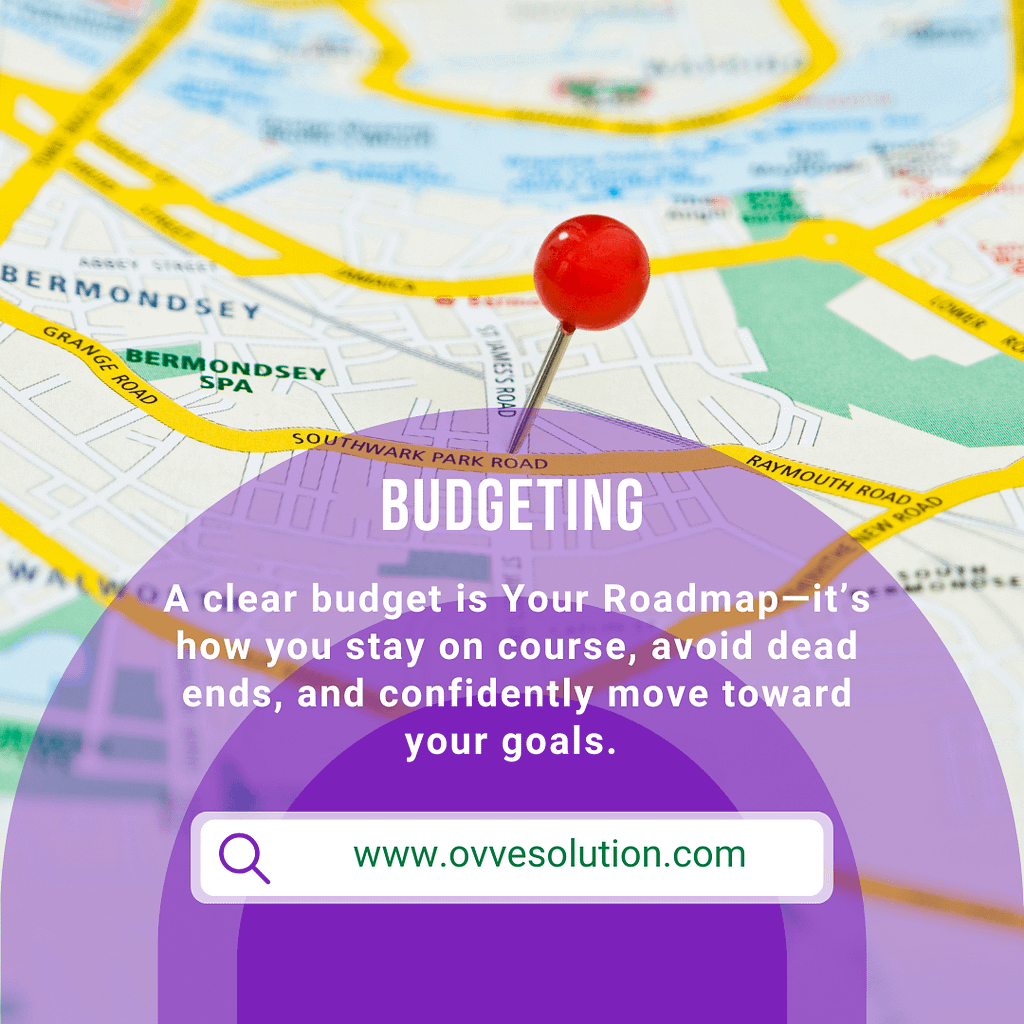
Running a private practice can feel like balancing on a tightrope. Between managing client projects, building relationships, and staying ahead of market trends, financial clarity often takes a back seat. But what if your finances could become the foundation for stability and growth instead of a source of stress? With precision accounting, it’s possible.
In this post, we’ll explore how private practices can predict cash flow and scale seamlessly by leveraging smarter accounting practices. Say goodbye to guesswork and hello to strategic confidence.
Why Cash Flow Matters for Private Practices
For private practice, cash flow isn’t just a financial metric, it is the lifeblood of the business. With project-based revenue and varying payment timelines, maintaining a healthy cash flow can be challenging. Delayed client payments, unexpected expenses, and inaccurate forecasting can all create unnecessary strain.
A lack of clarity in cash flow doesn’t just impact daily operations; it also limits your ability to:
- Invest in growth opportunities.
- Scale your team to meet demand.
- Take on new projects without financial hesitation.
Precision accounting provides the tools and insights you need to predict and manage cash flow, ensuring your practice thrives.
Key Benefits of Precision Accounting
1. Accurate Forecasting for Smarter Decisions
With precision accounting, you can analyze historical data, current financial trends, and future projections to make informed decisions. You’ll know exactly where your cash flow stands, allowing you to:
- Plan for lean months.
- Allocate resources to high-growth areas.
- Avoid surprises that disrupt operations.
2. Better Client Payment Management
Late payments are a common pain point for private practices. Precision accounting systems can:
- Send automated invoices and payment reminders.
- Offer easy online payment options for clients.
- Highlight overdue payments for quick follow-up.
How to Implement Precision Accounting
1. Leverage Technology
Invest in accounting software that integrates seamlessly with your existing tools. Platforms like QuickBooks, Xero, or industry-specific solutions offer features like:
- Real-time financial tracking.
- Automated invoicing and expense categorization.
- Cash flow forecasting dashboards.
2. Partner with an Accounting Expert
Consider working with an accountant or bookkeeping service that specializes in private practices. Their expertise can help you:
- Develop customized financial reports.
- Optimize tax planning.
- Identify trends to inform your strategy.
3. Build Cash Reserves
Establishing a financial buffer can protect your business from unexpected challenges. Aim to save 3-6 months’ worth of operating expenses to ensure stability during downturns.
Take the Guesswork Out of Your Finances
Precision accounting isn’t just about numbers; it’s about empowering your private practice to thrive with confidence. By predicting your cash flow and making data-driven decisions, you’ll build a foundation of stability that supports sustainable growth.
No more guesswork. With the right tools and practices, you can take control of your finances and scale your practice with ease.
At OVVE Accounting Solutions, we specialize in helping private practices like yours achieve financial clarity and success. Whether you need help with cash flow forecasting, bookkeeping, or strategic planning, we’re here to support you every step of the way. Let’s build a brighter future together!



















